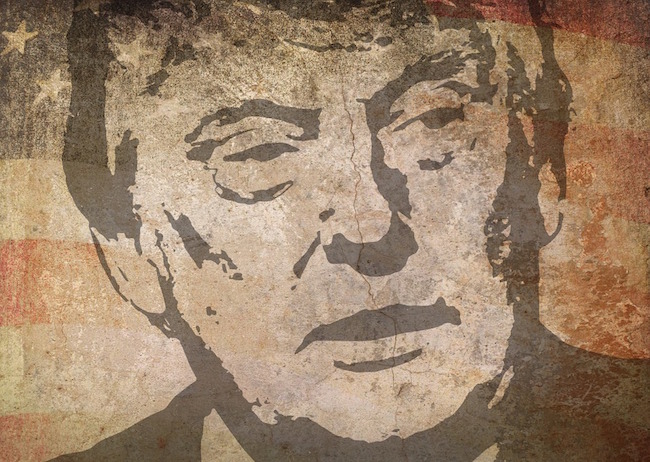The Contested 2020 Elections and the Arc of History by Michael L. Brown for Ask Dr Brown
Right now, most Americans are not thinking about 2024 and the next presidential vote, let alone 2028 or beyond. They are focused on the official outcome of the current elections, with the nation still divided over who actually won, even one month after election day. But the arc of history swings much bigger than this, and a larger perspective can be helpful during such emotionally charged days.
Quite naturally, for those who are convinced there was electoral fraud, passions are running high. After all, the idea that a theft of this magnitude could be pulled off in front of our eyes is shocking beyond words. Here, in America? Stolen, just as Trump predicted? This is an outrage.
For those who are convinced there is zero evidence of substantial fraud, passions are also running high. Will Trump refuse to concede? Will tens of millions of his followers refuse to cooperate with a Biden government? Are we on the verge of civil war?
We should earnestly hope and pray that sufficient clarity will emerge through our legal system that all sides will accept the final outcome (obviously, a very tall order). The stakes are obviously very high.
But whatever that outcome may be, it’s helpful to step back and look at the bigger picture, one that unfolds over a period of years.
Think back to 1960, when John F. Kennedy edged Richard Nixon in the presidential nomination.
As noted by Jonathan Leaf in The Politically Incorrect Guide to the 1960s, “The 1960 presidential race was one of the closest in history. Nationally, only about 100,000 recorded votes separated Kennedy and Nixon out of almost 69 million cast.”
“But,” he continues, “Kennedy’s ‘victory,’ however, was a fraud. His election relied on the late appearance of masses of ballots that gained close victories for Kennedy in Illinois and Texas. Had these two states gone to Vice President Nixon, Nixon would have won.”
Specifically, “Vote fraud in Illinois, where Kennedy won by just 9,000 votes, was particularly egregious,” and “the corruption of the Chicago Democratic machine was . . . notorious. . . .”




